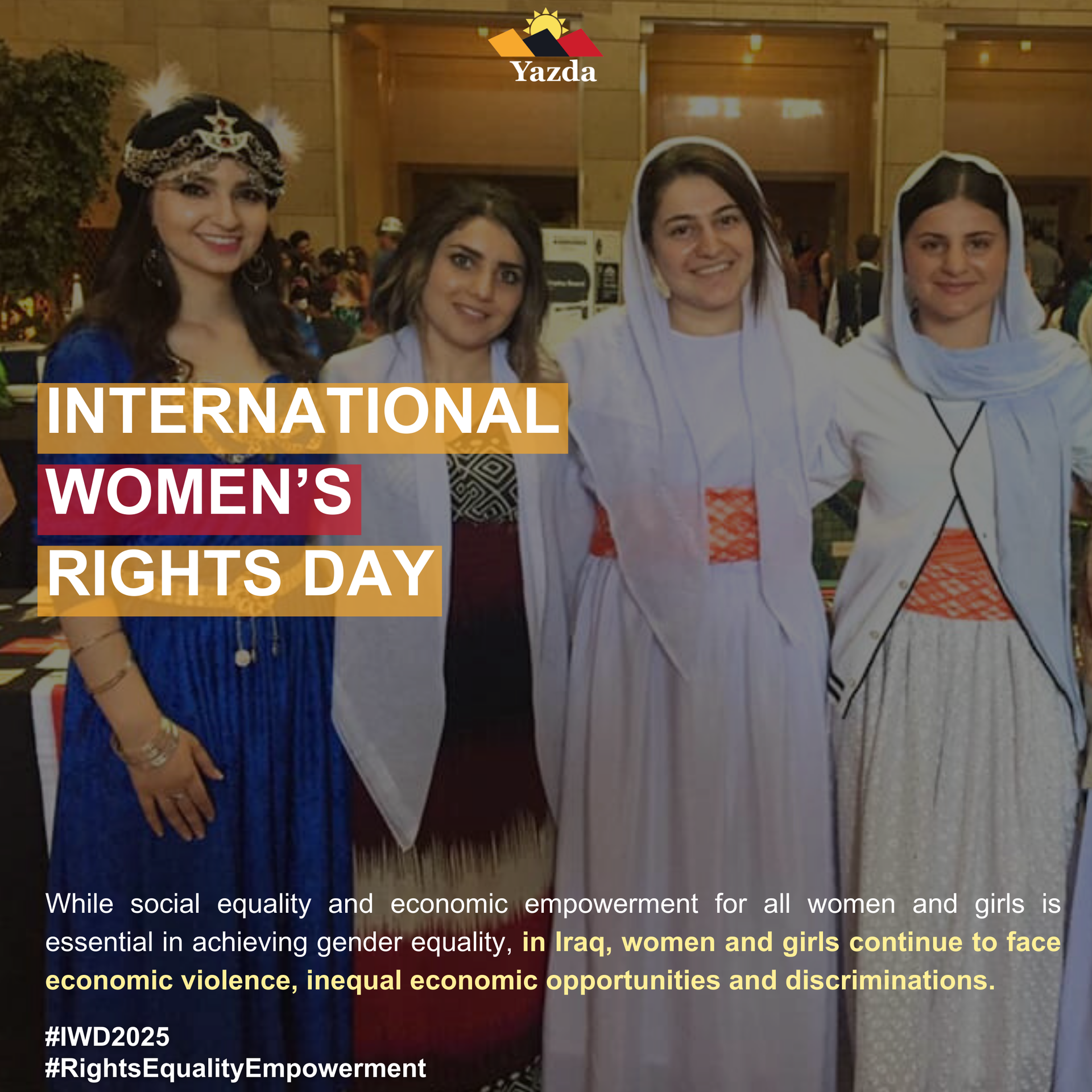Washington D.C., U.S. - July 30, 2024: Ahead of the 10-year commemoration of the Yazidi Genocide, taking place on August 3 in Sinjar, hundreds of thousands of displaced persons and survivors are still unable to return home. A new policy paper published by the Wilson Center, titled, “There is No Future in Sinjar Without Safety and Agency,” underscores the urgent need for a comprehensive security framework, a new governance model for the Sinjar Agreement, and accountability for material safety and a sustainable future for Sinjar’s historic communities.
Ten years since the start of the genocide by Da’esh against the Yazidis in Iraq, this ancient community that has called Sinjar, known as Shingal to its indigenous people in northern Iraq, home since the twelfth century, deserve to return to their land, homes, communities, and houses of worship. Yazidi men were massacred, and more than 3,000 women were enslaved and raped and many are still missing. Yazidi children were trained to fight for Da’esh. An entire community of faith was targeted and desecrated. Today, approximately 200,000 Yazidis remain displaced, predominantly in the Kurdistan Region of Iraq (KRI). The demographic shift in Sinjar has been drastic, with many villages seeing significant portions of their populations emigrating.
"I still vividly remember the eyes of a Yazidi mother survivor I met when I visited an IDP [internally displaced persons] camp in 2018 who did not know the fate of members of her immediate family,” said Ambassador Mark Green, President and CEO of the Wilson Center. “The level of humanitarian crisis around the world is a daunting challenge. The absence of security and protection is the leading reason for why large numbers of Yazidis are still trapped in IDP camps and will not return to Sinjar. When will they see justice and feel free and safe to return to their ancestral home?”
Co-authored by Yazda and the Zovighian Public Office and building on the findings of their first report with the Wilson Center released in September 2022, this paper provides an in-depth analysis of the ongoing security challenges and proposes actionable solutions. It highlights policy priorities for the Government of Iraq and the Kurdistan Regional Government to bring proper community representation to the public administration of Sinjar, and to achieve sustainable socio-economic recovery and development. The editors, writers, and contributors collaborated in a Yazidi-led policy definition process, emphasizing the need for community-centered approaches to overcome current obstacles and implement lasting change.
Nadine Maenza, Global Fellow at the Wilson Center and the President of the International Religious Freedom (IRF) Secretariat remarked, "Even after ten years of displacement, there is a path for Yazidis to return to their homeland of Sinjar, but only if they have safety and agency. We hope the launch of this report points the way forward so the Yazidi community can finally return with the dignity they deserve.”
The Sinjar Agreement was introduced by the United Nations Assistance Mission for Iraq (UNAMI) in October 2020 in an attempted to pave the way for a sustainable future in Sinjar. However, Sinjari residents, activists, and local representatives were not invited as pertinent consultative stakeholders in the drafting of the Sinjar Agreement, reinforcing the feeling of exclusion from any critical decision-making processes. Consequently, Sinjaris have lost confidence in government stakeholders and have little hope for a sustainable future in their homeland.
“After ten years of genocide, we believe the International community, Iraq, and the Kurdistan Region of Iraq, should listen to the Yazidis more closely, including the recommendations set forth in this report. We have seen how the Sinjar Agreement has failed to address the issues on the ground, and the major reasons are because it is both not practical and not co-created with the Yazidi community,” explained Murad Ismael, Founder of Sinjar Academy.
Sinjar has not enjoyed any recovery and reconstruction, unlike much of Iraq, with unexhumed mass graves remaining to be opened, ongoing security threats, and a lack of basic needs and services. Political inaction, disempowerment of local institutions, and ongoing hate crimes have further exacerbated the security crisis and created new levels of fear for the safety and survivorship of the community in Iraq and the Kurdistan Region.
“I don't believe the Sinjar Agreement has been written in a way that can work. We see many concepts and ideas from government officials, but very little substantive action. Iraq has an annual budget of $153 billion and our people live in tents for ten years. That says it all. Government stakeholders must allocate resources fairly to Iraqi citizens, including Yezidis, and must invest in the reconstruction of Yezidi towns and villages destroyed by ISIS in order for our community to live safely in Iraq,” explained Pari Ibrahim, Founder of Free Yezidi Foundation.
The paper details a roadmap to strengthen local public institutions together with security and law enforcement multi-stakeholder dialogue, commitments, and reforms, with nine solutions to bring proper community representation to the public administration of Sinjar. These include re-visiting the tenets of the Sinjar Agreement; establishing a multi-stakeholder and multi-community oversight body; enabling mechanisms for local governance; allocating direly needed funding; and hosting independent and fair elections for local community representatives.
“Security is also a prerequisite for justice in Iraq. Survivors will be willing to participate in trials only if both trust is rebuilt with the institutions and witness protection is made available. In a country where tribal relations are still very strong, survivors need to receive assurances that their participation in justice processes will not expose them to security risks and retaliation," explained Natia Navrouzov, Executive Director of Yazda Organization.
“As we hit ten years of genocide, displacement, and suffering, it is important for the United States government and our international stakeholders and allies to play a meaningful leadership role in ensuring that calls for the inclusive political representation and safety of the Yazidis and historic communities of Sinjar are not only heard, but also met,” highlighted co-author Lynn Zovighian, Founder of the Zovighian Public Office.
Government stakeholders, U.S. State Department Ambassador-at-Large for International Religious Freedom Rashad Hussain and former Congressman Frank R. Wolf (R-VA) also served a keynote speakers to underscore the urgent need for international action to support Sinjar and its historic communities.
###
About Wilson Center:
Chartered by Congress, the Wilson Center provides nonpartisan counsel and insights on global affairs to policymakers through deep research, impartial analysis, and independent scholarship. The Wilson Center is based in Washington D.C. and was named the #1 regional studies think tank in the world in 2019.
About Zovighian Public Office:
The Zovighian Public Office was established in 2015 to serve communities facing crises and crimes of atrocity by amplifying their voices through research, advocacy, and diplomacy.
About Yazda:
Yazda is a global community-led organization providing critical humanitarian assistance and promoting accountability and justice for the atrocities committed by the so-called Islamic State in Iraq and the Levant (ISIL), also known as ISIS, IS or by its Arabic acronym Da’esh, against the Yazidi community and other groups in Iraq.
Yazda was established in 2014, three weeks after the genocidal campaign commenced in Sinjar, northern Iraq, and was among the first organizations on the ground providing lifesaving assistance to survivors. Yazda was the first actor to document Yazidi survivor accounts of crimes committed by ISIL.
For media inquiries or further information, please contact:
Farhad Ali, Media and Communication Officer
farhad.ali@yazda.org
Download English press release here.
For an Arabic version of the press release, please click here.
300 North 27th Street, Suite C. - Lincoln, Nebraska 68503, USA
info@yazda.org - www.yazda.org
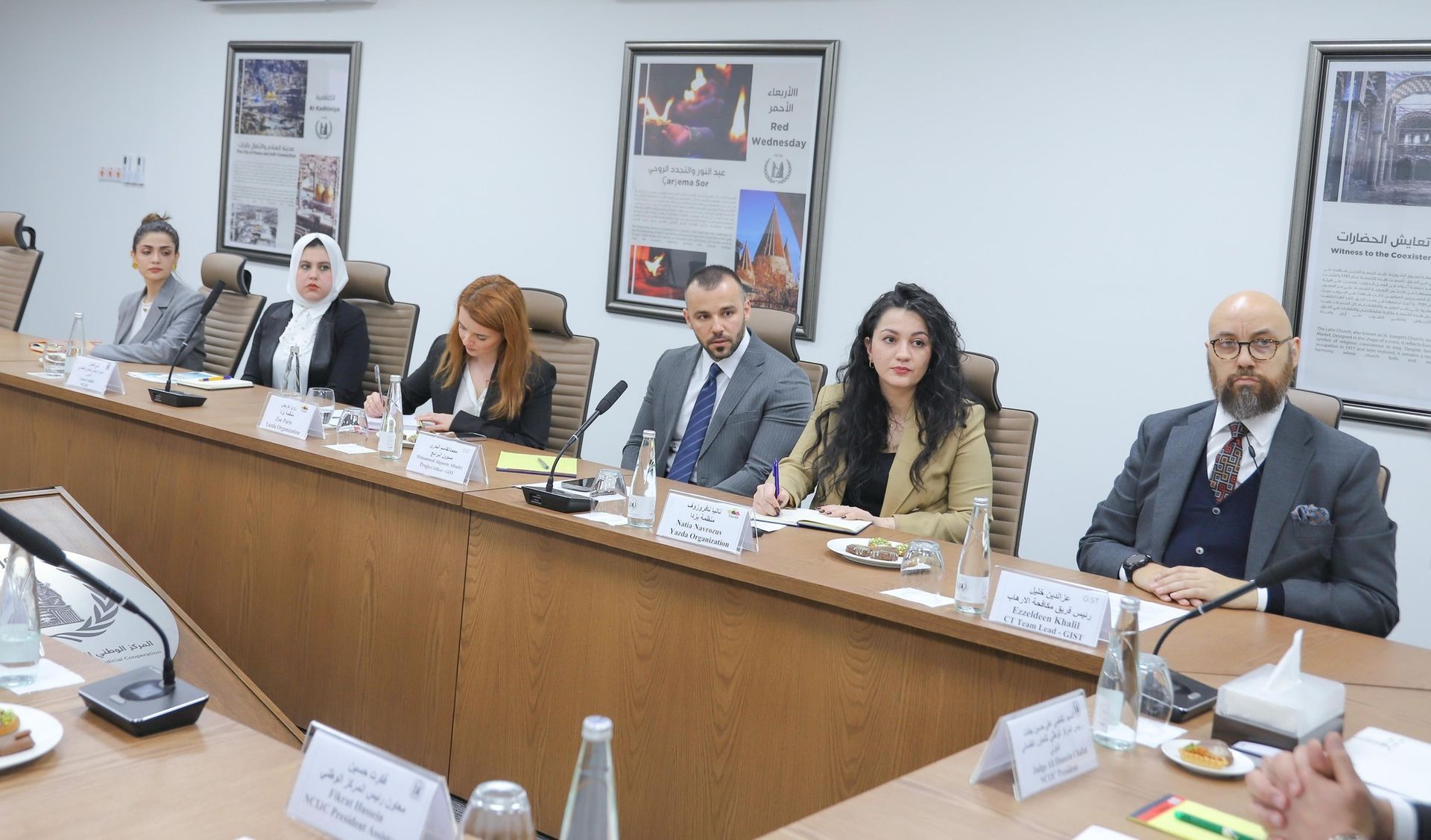
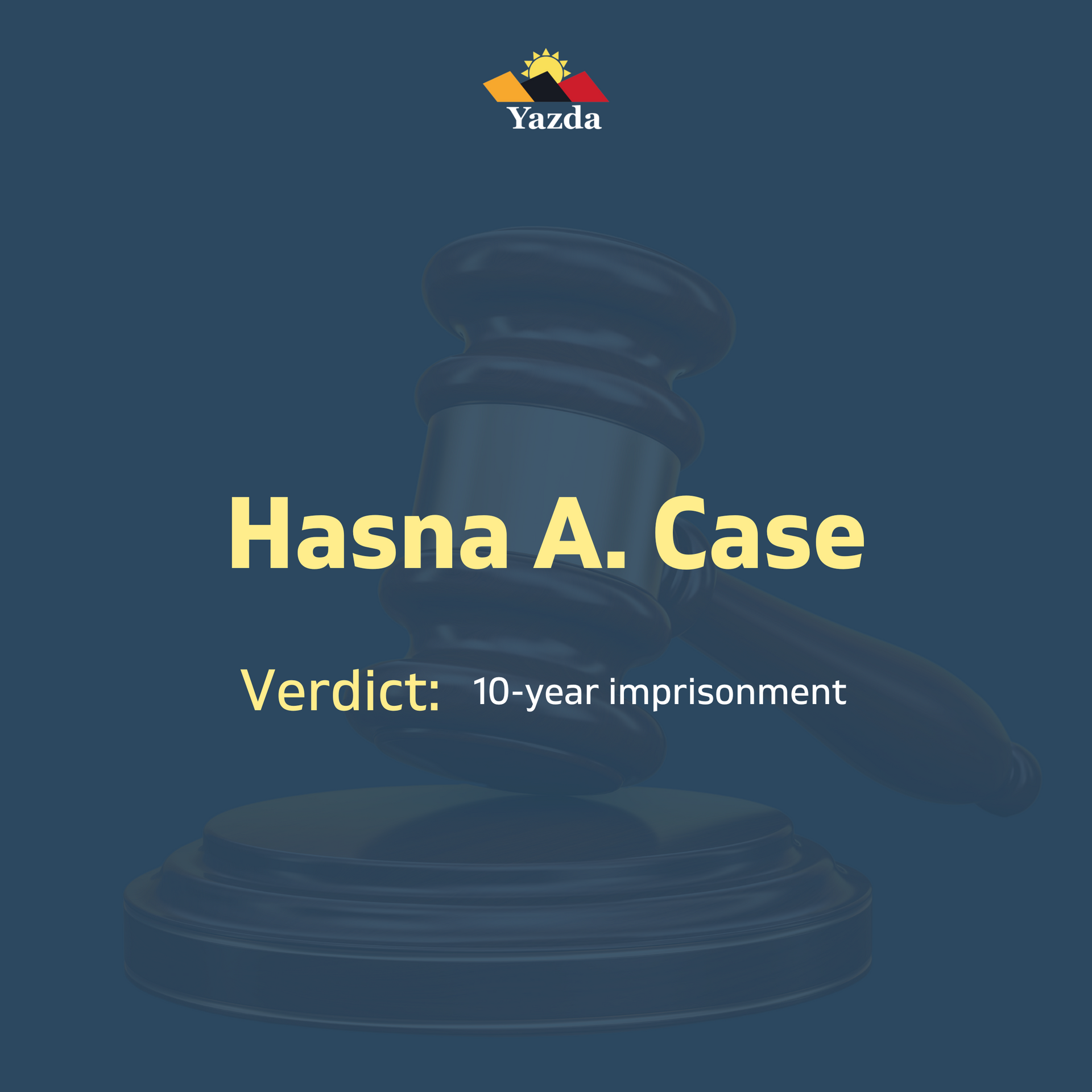
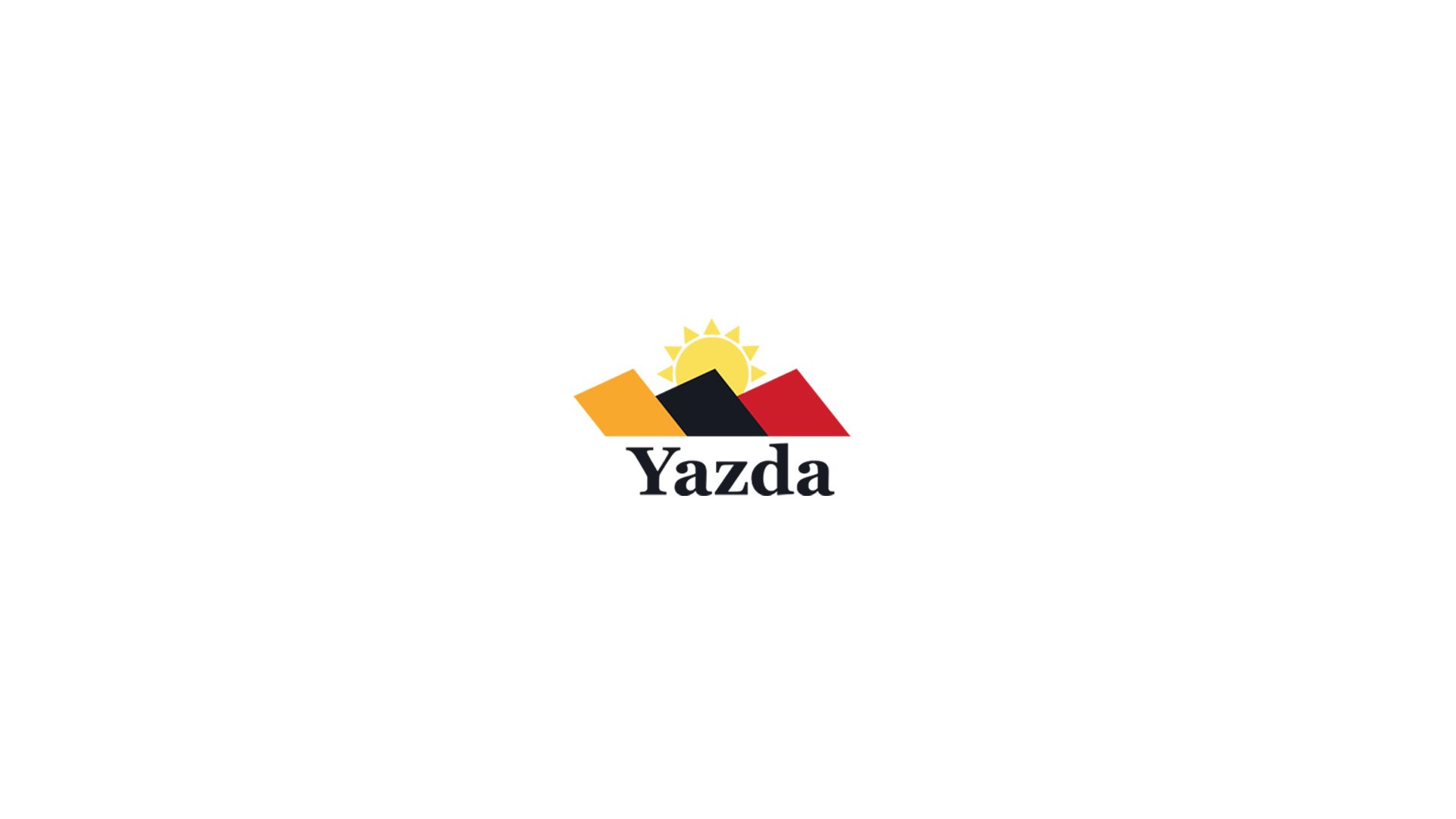
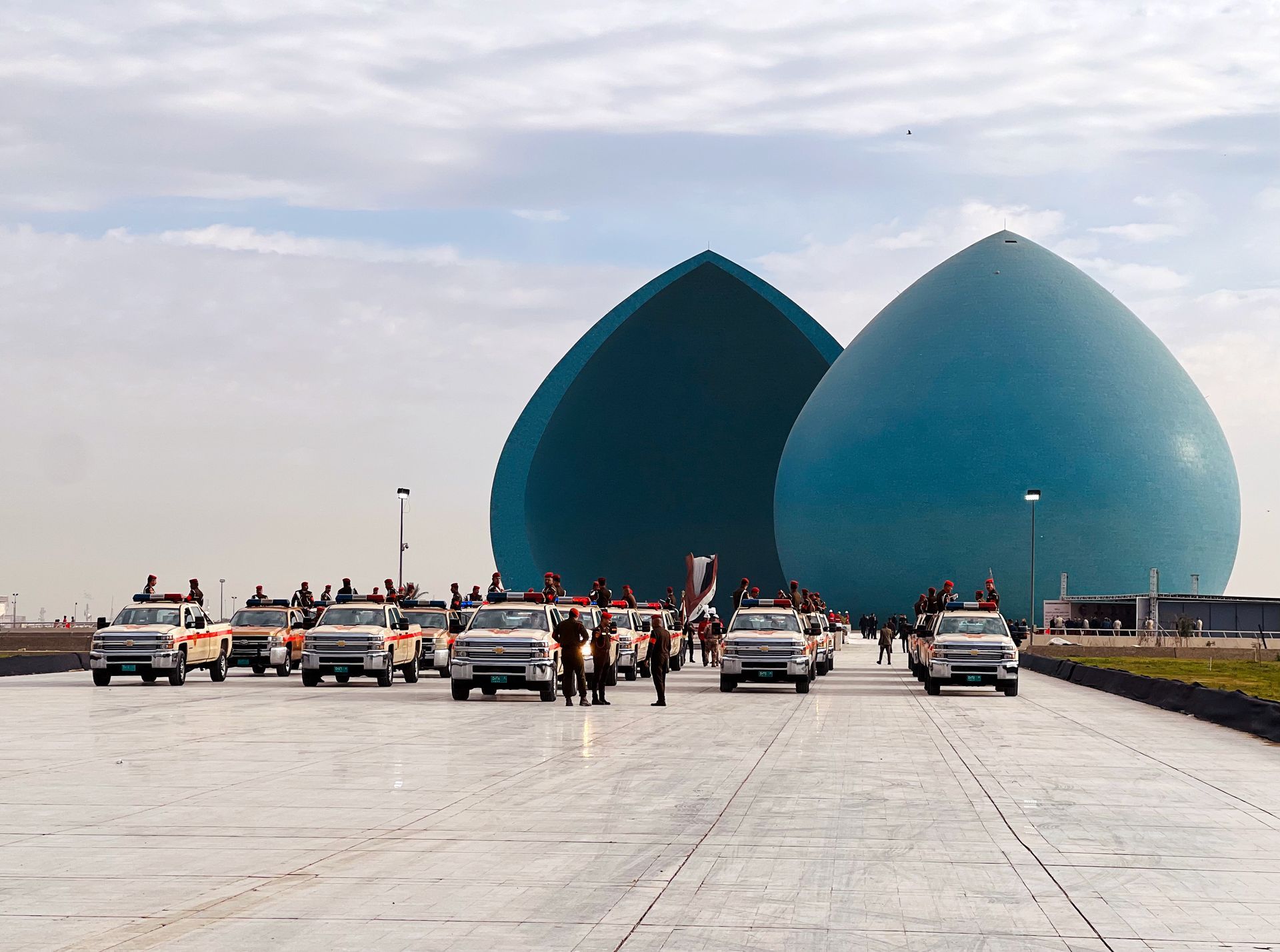

300 North 27th Street, Suite C.
Lincoln, Nebraska 68503, USA
info@yazda.org
All Rights Reserved | Yazda
